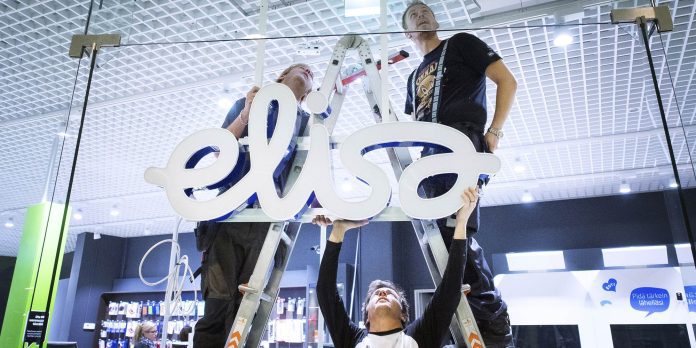Finnish operator Elisa has signed a deal with the University of Helsinki to organise 5G technologies for air-quality monitoring and other smart city applications in large cities.
Elisa is already providing the university’s MegaSense research programme, looking to cover a dense urban area in Helsinki with a network of air-quality sensors, with NB-IoT coverage. The duo will upgrade the air sensor network to run on 5G, to detect air pollutants and host further smart city solutions.
Elisa has already launched 5G services in Helsinki. It will expand coverage to the MegaSense test area. The 5G network will also be available for startups in the area to use. In addition to Helsinki, the fair are working together on the same project in Beijing, they said.
Petteri Svensson, business director of subscriptions at Elisa’s corporate customer unit, commented: “IoT services are one of the first ways in which the benefits of 5G technology are being put in concrete use, and the effort to improve air quality is a good example of this. Many Finnish companies have already come a long way in making use of IoT, and so the new opportunities that 5G presents are certainly welcome.”
Svensson reckons the practical application of 5G by businesses will be seen quickly. “Companies are not slow to adopt a new technology once it becomes available. With MegaSense, we can also make 5G technology available quickly to startups developing applications that use it,” he said.
Professor Sasu Tarkoma, head of computer science at the University of Helsinki, said: “The new network technology inter-connects sensors, enables efficient data collection and supports smarter sensor management. We are developing a new kind of air quality sensor network, one that automatically detects the operating environment of each sensor and minimises measurement error. Artificial intelligence enables significant improvements in the functionality of low-cost sensors.”
5G enables larger volumes of terminal devices to connect simultaneously to the same mobile base station than is possible with the existing mobile network. This enables large-scale use of sensors in an urban area.
The MegaSense programme is part of the UrbanSense project, bringing together 5G test platforms. Its aim is to create an open 5G innovation platform and framework for developing network and service operations.

